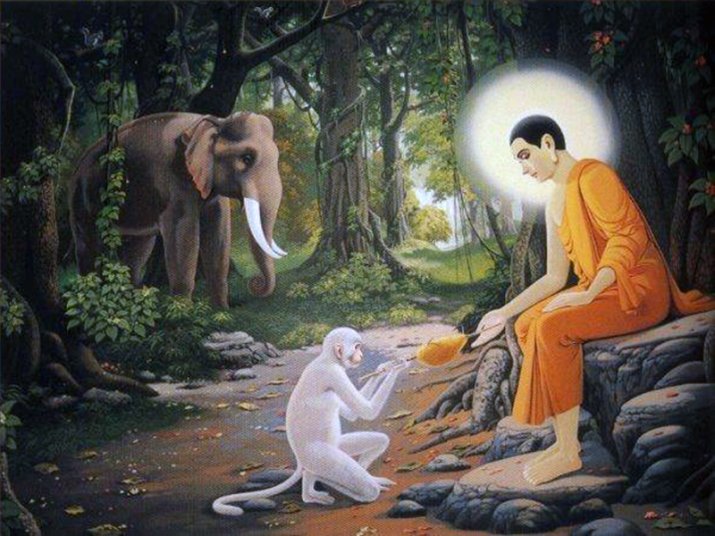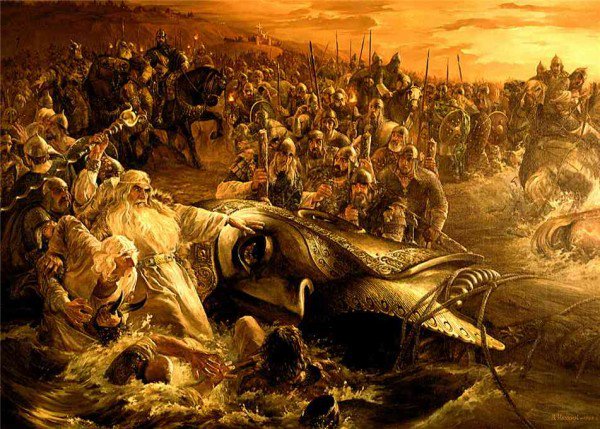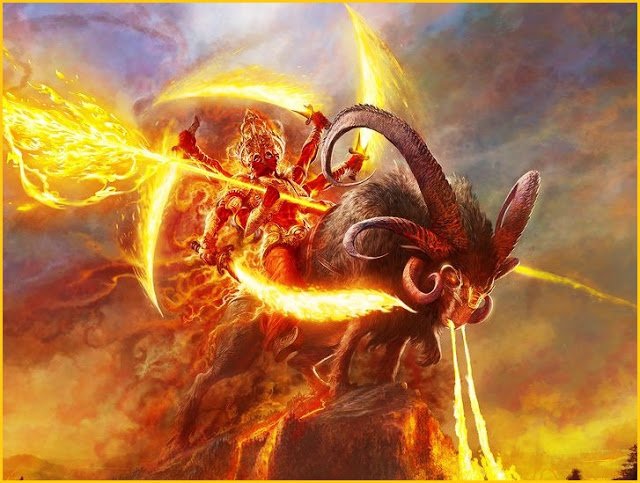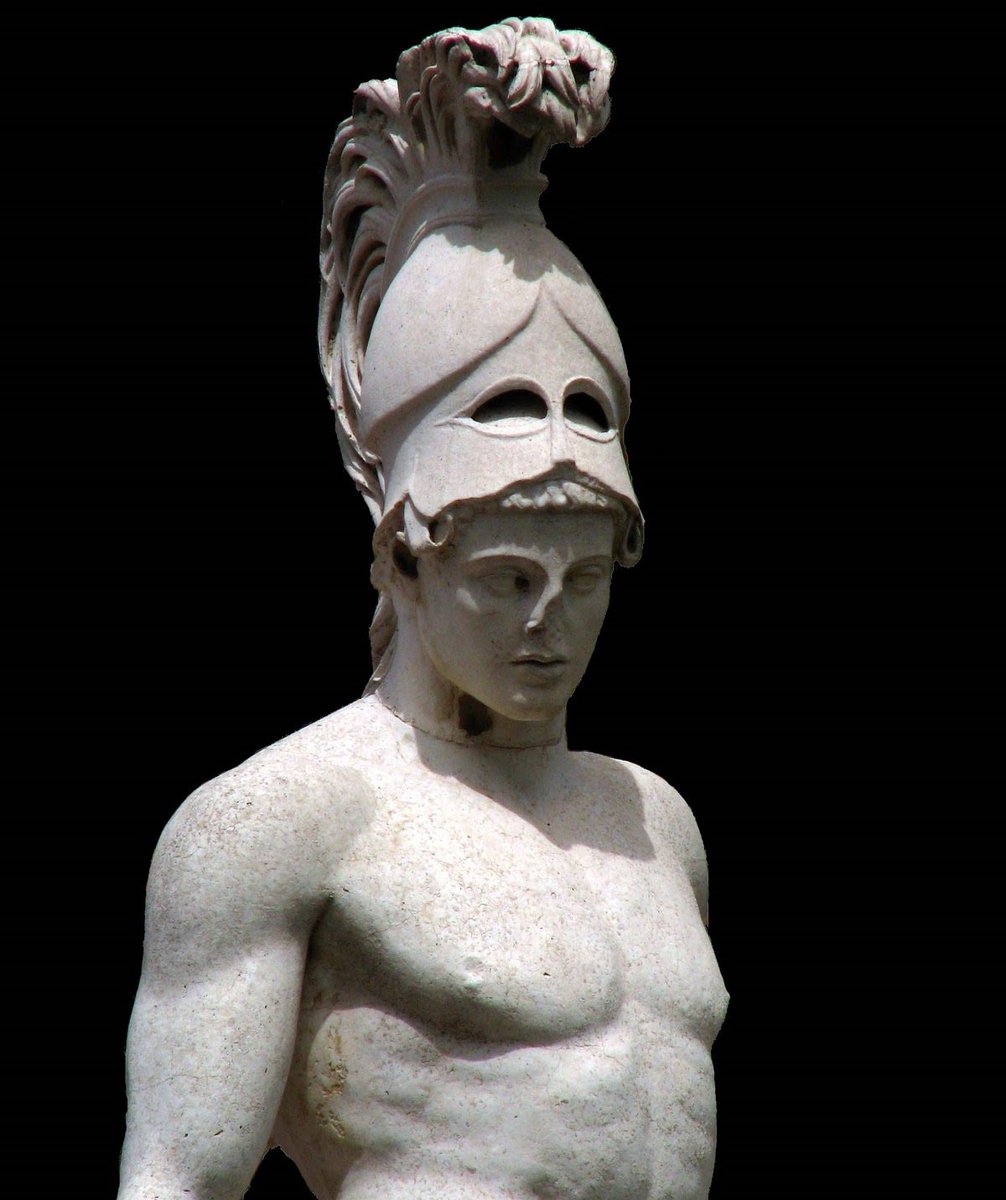So what?- You may ask
Problem is- there's only 2 places on earth like that-
Africa
And India 😙
The tiger: Sanskrit vyāghra-, Iranian babr, and Armenian vagr
The leopard: Sanskrit pṛdāku, Greek pardos, Iranian fars-, and Hittite paršana
But these animals are argument-neutral, widely distributed & thus unhelpful
Read & enjoy.
academia.edu/37026878/A_not…
This branch also has the OLDEST literature of them all
Only with the help of Vedic could colonial linguists compare the highly mutated gods of other branches.
Norse & Greek, by themselves, are impossible to connect
What generic words did they use for 'God' in most ancient times?
Ans- 'Asura, Deva & Bhaga' - (In their Vedic forms at least)
How do we know that?
Because all the branches preserve at least one of these forms.
Statistically- Asura is used in a positive sense 59 times in the Rig Veda & only 12 times in a negative sense- that too only in late verses(Shendge 1947:49)
It comes from Gothic gup & old high Gothic 'got'. They derive from proto-Germanic '*ghu-to-m' which is cognate with Vedic 'húta-m' - 'That which is invoked' or 'huta-m'- 'That which is sacrificed' (Buck 1949: A dictionary of selected synonyms)
Bhūrja (birch), pītu (pine) etc are NOT found in the Rig Veda. They appear ONLY in late vedic texts AFTER Vedic spread into Indus, Afgan etc
















